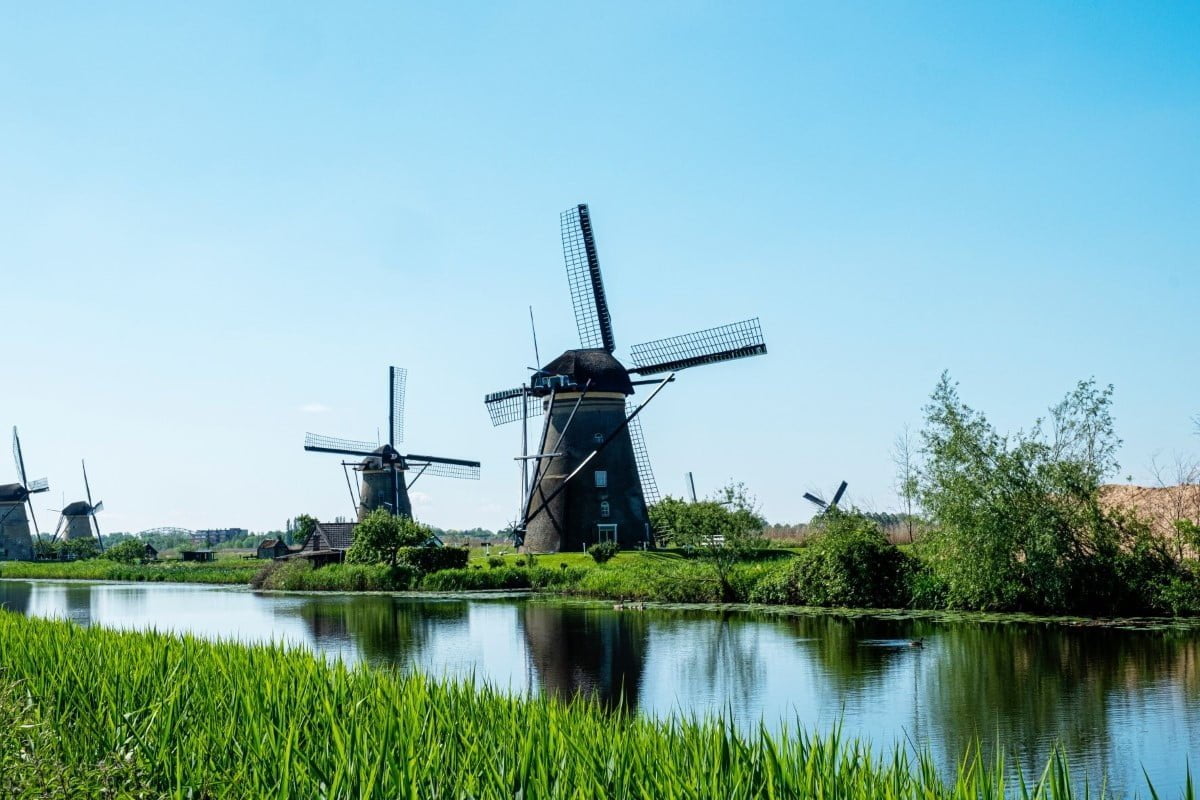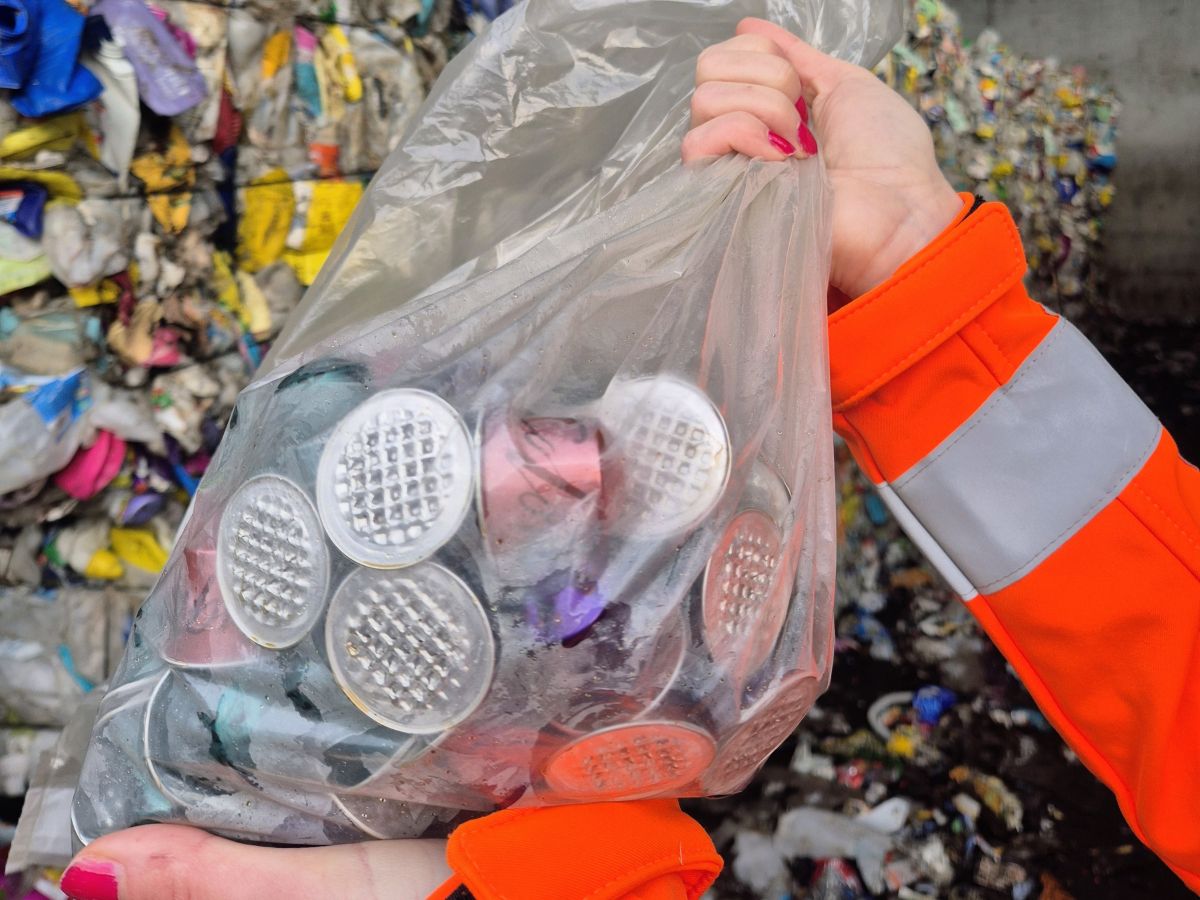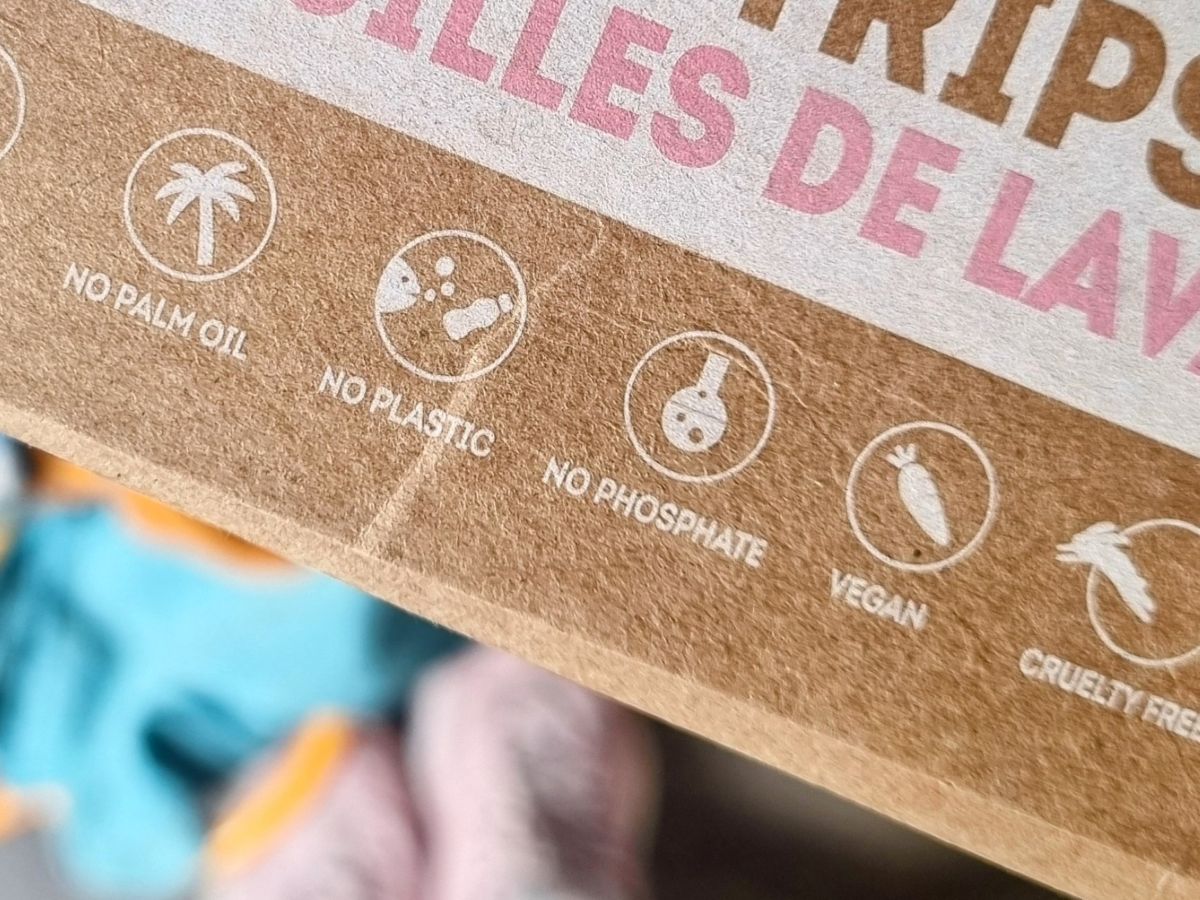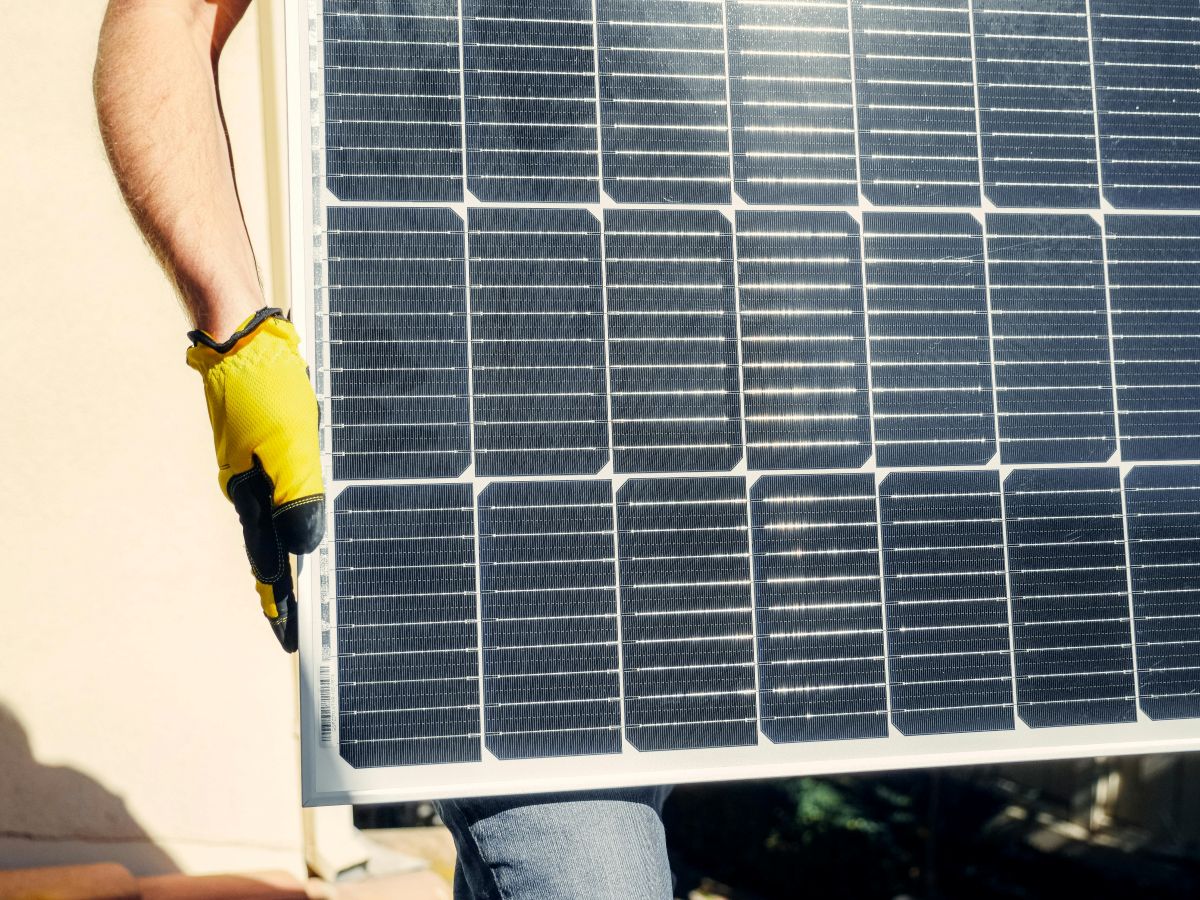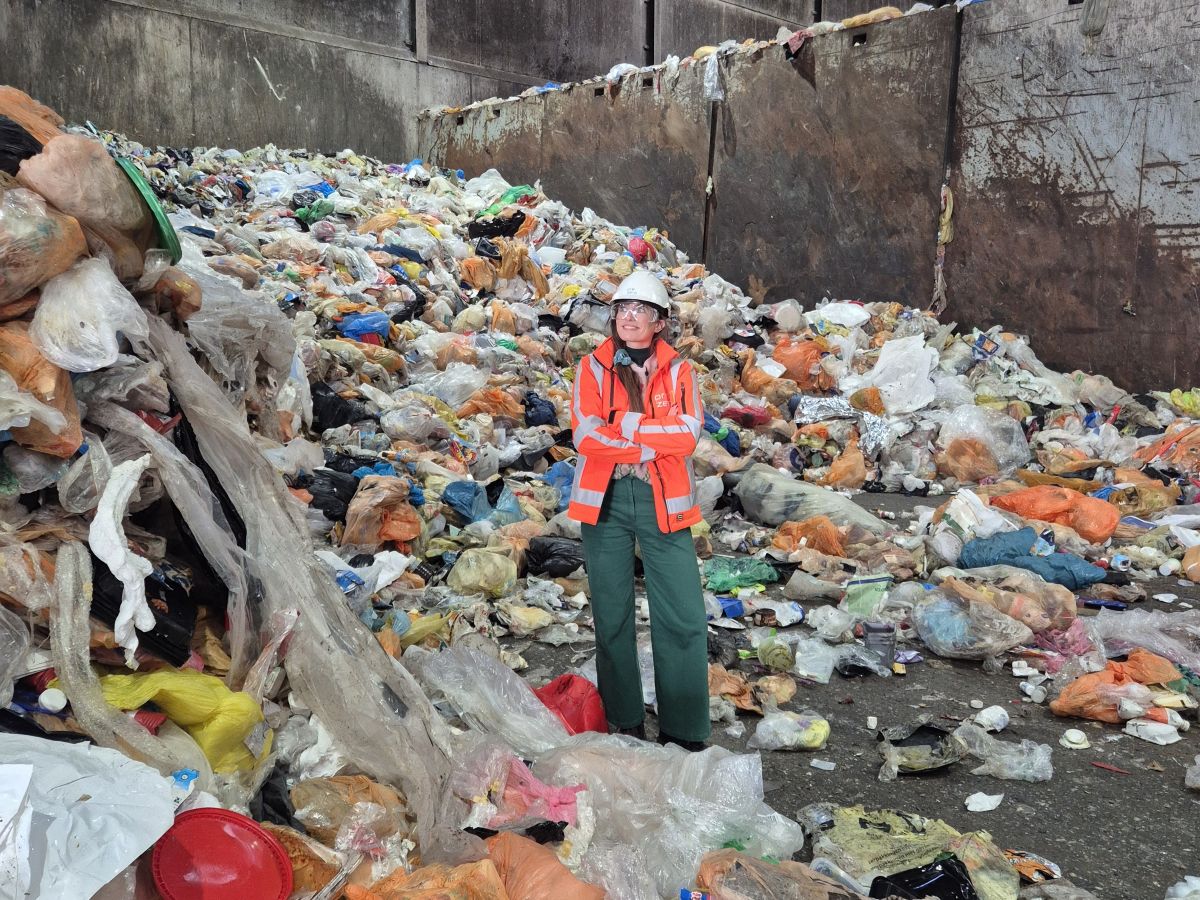Which party will you vote for in the provincial and water board elections? After all, you are going to vote, right? The executive boards of the water boards and Provincial Councils are responsible for important dossiers such as the quality of our water, the preservation of nature, the implementation of the nitrogen policy, agricultural policy, the housing shortage, the reception of asylum seekers, the maximum speed limit on our N roads, how to deal with the return of the wolf and many more subjects. In short, the very elections that usually receive the least attention are a super-important moment to make your voice heard, especially if you stand for an environmentally aware and clean Netherlands.
What about the water board elections?
From a EenVandaag poll shows that one in three Dutch people have no idea what exactly the water boards do. For many people, it is unclear what they are responsible for, who the people are behind the water boards and what the different positions of each party are. The media mainly feature national political leaders who have absolutely nothing to do with the ins and outs of your water board. And that makes choosing difficult. Even though water board elections are considered increasingly important. The reason? Climate change! The fear of whether the Netherlands will stay dry with rising sea levels and rivers threatening to burst their banks is keeping people busy. The memory of the floods in Limburg in the summer of 2021 is still alive. And that is driving greater interest in these elections. Thankfully, because it is an important vote we get to cast.
To the polls for Provincial Council elections and water boards
So on 15 March, we get to cast two votes: we get to vote for a candidate of a political party that wants to represent us in the province for the next four years. This can be a national party, but smaller provincial parties are also on your ballot paper. The elected members of the Provincial Council are the people's representatives. Together, they form the parliament of our province. The number of seats in Provincial States depends on the number of inhabitants of your province. These new members of the Provincial States elect the members of the Upper House on 30 May. The main task of the Senate is to approve or reject bills, such as the Nitrogen Act. In addition, the Senate has the task of monitoring the government. As a result, your vote on 15 March will also indirectly influence national politics.
In water board elections, you may cast a vote for the general board of a water board. This is similar to the municipal council. The general board determines the policy of the water board and controls the executive board.
Tasks of the province
The province carries out national policies and tasks of its own. What are they about?
- They determine whether cities and towns can expand and where business parks and office parks can be built.
- They determine where roads, railways, shipping links, industrial areas, agricultural and nature areas and recreational facilities will be located. The province makes so-called structure plans for this purpose. Municipalities take this into account when making their zoning plans.
- They are responsible for the construction and maintenance of provincial roads, cycle paths and bridges.
- They provide clean bathing water and safe routes for trucks carrying hazardous materials. This is stated in national environmental legislation.
- They realise new nature and preserve current nature.
- They enforce environmental laws for air, soil and water. In addition, the province combats pollution, for example through soil remediation.
- They oversee the water boards.
- They supervise the municipalities. The municipalities have their budgets and financial statements approved by the provincial executive each year.
Duties of water boards
Our water boards are responsible for regional waters, such as canals and polder waterways. For example, they make sure the water is clean so that fish stocks are maintained. Water boards also protect the land from floods and ensure that farmers have enough water for their crops. In summary, these are the main tasks:
- Regulating water levels with pumping stations and locks, for example.
- Treating wastewater.
- Managing our dykes.
- Nature management in and near water.
- Checking bathing water quality.
Some water boards also manage waterways and country roads. On the website of your own water board read about what exactly the water board does. Water boards work closely with other bodies involved with water. For example, with Rijkswaterstaat, the provinces, municipalities and the drinking water company.
Clean and safe water - everyone wants that, right?
Why are these issues a political matter? Surely everyone wants safe drinking water and dry feet? That is certainly true, only opinions differ on how the money (your tax money, because you pay water board tax) should be spent. Some political parties prioritise safe bathing water, while others want to spend the money on nature restoration or wastewater treatment. Some think companies should pay more, while other parties spearhead the idea that farmers' interests come first. There are also different views on how water should be distributed in times of water scarcity, such as last summer. In short, there are also many differences. By making your voice heard, you can influence the implementation of these policies.
Voting in water board elections
By voting on 15 March for a political party that considers conservation and restoration of nature important, you can exert influence. Since water boards and Provincial Councils are responsible for implementing policies at the local level and all major issues such as water scarcity, climate change, soil erosion, nitrogen, biodiversity are linked to their duties, you may be able to exert more influence with this vote than in national elections.
Read up, watch a debate on local television, do a voter guide and make your voice heard 15 March. It's your right and if you ask me, we owe it to our planet now more than ever! Could you use some help? Do The Dial Heart. This is a collaboration between Hart van Nederland and KiesKompas. The special thing about this is that you do not end up with a party, but with a person who has the most in common with you. Of course, you can also use the ‘normal’ KiesKompas do to get your bearings. Good luck voting in the provincial and water board elections.
More sustainable tips from thegreenlist.nl
- Also see: City trip Dordrecht and Kinderdijk!
- Also see: tips to take shorter showers and other shower tips.
Sources: Upper House, Central government.nl. Photo credits: Elsa Silva (Pexels).

